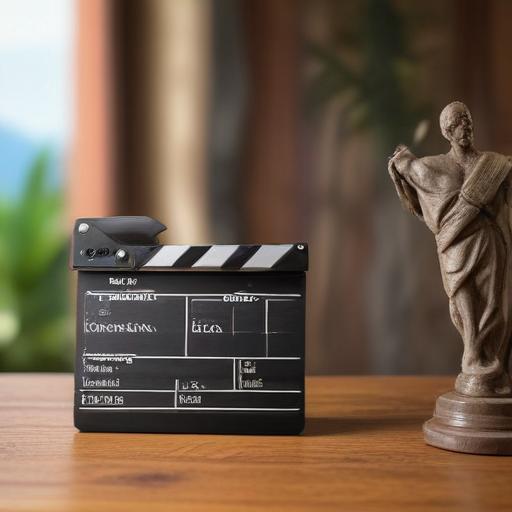Tropic Thunder turns 17 this year, and its provocative blend of satire and spectacle remains a talking point for audiences grappling with how Hollywood handles war on screen. The comedy, led by Ben Stiller with a standout ensemble including Robert Downey Jr., Jack Black, Tom Cruise in a memorable cameo, and others, follows a group of actors filming a war movie who end up in real-life combat situations.
When it hit theaters in 2008, Tropic Thunder drew attention for its bold premise and bold performances. It earned an 82 percent rating on Rotten Tomatoes and grossed around $200 million worldwide. The film arrived at a moment when audiences were saturated with serious war dramas as the U.S. was engaged in Afghanistan and Iraq, creating a climate ripe for a meta, self-referential spoof of the genre.
The movie’s controversial centerpiece—Downey Jr. portraying a character in blackface—has been a focal point of debate in the years since. That conversation about race, representation, and the boundaries of satire has only intensified as audiences and critics reassess humor that touches sensitive topics.
Behind the scenes, Stiller has explained that Tropic Thunder grew from a broader critique of actors who take themselves too seriously in war-film boot camps. In discussions about the film’s genesis, he noted how the industry at the time encouraged method-style immersion, with actors going through boot camps to “become” soldiers under the guidance of trainer Dale Dye. The idea evolved from a story about actors who return from those camps and aren’t taken seriously by real veterans, to a sharper comedy about vanity and performance under pressure.
Stiller has said the initial concept—about actors who overestimate their gravity in the face of real conflict—felt funnier in its early form, but the final direction of Tropic Thunder captured a mid-2000s Hollywood mood: a willingness to lampoon itself while still delivering a big, crowd-pleasing spectacle.
Today, the film’s legacy endures as a case study in how to balance satire with sensitivity, and how a big-budget comedy can provoke important conversations about representation, intention, and the evolving standards of what humor can do in the context of real-world events.
Summary: On its 17th anniversary, Tropic Thunder is remembered for its audacious premise, standout performances, and its ongoing role in conversations about satire, representation, and the responsibilities of Hollywood when depicting war and race. It remains a provocative reminder of how comedy can both entertain and challenge audiences to question the industry’s self-image.
A hopeful note: the film’s willingness to poke fun at itself can inspire future moviemakers to push creative boundaries with awareness and care, inviting new generations to discuss how best to tell bold stories in a changing cultural landscape.
